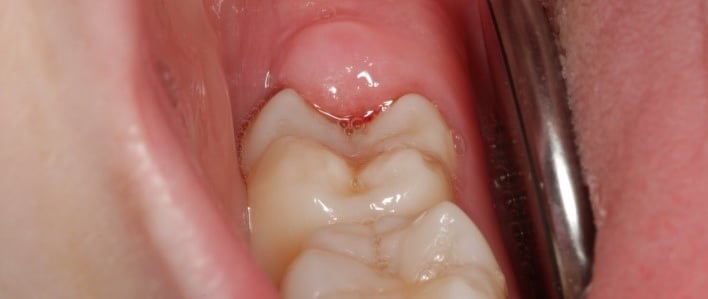When to Remove Wisdom Teeth: Indications for Extraction
11/13/20232 min read


Introduction
Wisdom teeth, also known as third molars, are the last set of teeth to erupt in the back of the mouth. While some individuals may have enough space for their wisdom teeth to grow in properly, many people experience complications that require extraction. In this article, we will discuss the indications for removing wisdom teeth.
Pain and Repeated Swelling
One of the most common reasons for removing wisdom teeth is the presence of pain or repeated swelling of the soft tissue behind the last molar. This discomfort may be caused by the impacted wisdom tooth pushing against the surrounding gums or other teeth. If left untreated, this can lead to infection and further complications.
Damaged Adjacent Tooth
Another indication for wisdom tooth extraction is when it begins to damage the adjacent tooth. Due to limited space in the mouth, the erupting wisdom tooth can exert pressure on the neighboring tooth, causing it to shift or become misaligned. This can lead to bite problems, jaw pain, and potential damage to the adjacent tooth's enamel or roots.
Impacted Wisdom Teeth
Impacted wisdom teeth are those that do not have enough space to fully emerge or grow in a normal position. They may remain partially or completely trapped beneath the gum line or jawbone. Impacted wisdom teeth can cause a range of issues, including infection, cyst formation, and damage to nearby teeth and bone. Therefore, extraction is often recommended to prevent these complications.
Orthodontic Considerations
In some cases, the removal of wisdom teeth is necessary to maintain the results of orthodontic treatment. If a person has undergone orthodontic treatment to align their teeth, the eruption of wisdom teeth can disrupt the alignment and cause crowding or shifting of the teeth. Removing the wisdom teeth can help preserve the straightened smile achieved through orthodontic treatment.
Preventive Extraction
Lastly, preventive extraction of wisdom teeth may be recommended even in the absence of symptoms or complications. This proactive approach is often taken to avoid potential future problems. Dentists and oral surgeons may suggest removing wisdom teeth before they fully develop to prevent any potential issues that may arise later in life.
Conclusion
Knowing when to remove wisdom teeth is important to prevent pain, swelling, and damage to adjacent teeth. If you experience any of the mentioned symptoms, it is advisable to consult with a dentist or oral surgeon who can evaluate your condition and recommend the appropriate course of action. Remember, early intervention can help avoid more complex problems down the line.
